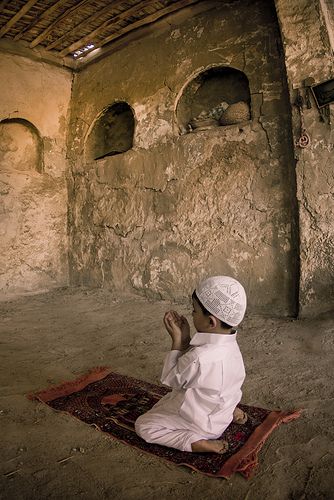My Kind Of Buddhism: No Prayers To Anyone
 My kind of Buddhism isn’t anything dogmatic. It doesn’t consider the Buddha as omniscient. I study the Buddha, with whatever resources available, as I do study any great philosopher – Socrates, Plato, Aristotle, Bertand Russel, Emmanuel Kant or Ludwig Wittgenstein.
My kind of Buddhism isn’t anything dogmatic. It doesn’t consider the Buddha as omniscient. I study the Buddha, with whatever resources available, as I do study any great philosopher – Socrates, Plato, Aristotle, Bertand Russel, Emmanuel Kant or Ludwig Wittgenstein.
Space for Controversy in Buddhist Interpretation
In the case of both Buddhism and Christianity the authors or founders never left anything in written or coded form. In both instances, what we have in written form now are ‘memorised,’ accounts said to have been handed down from word of mouth through a coterie of close followers. The first Buddhist texts appear around 500 years after the Buddha’s passing away. Said renowned British Buddhist scholar, and founder of the London Buddhist Society, Christmas Humphreys (1951), “we, therefore, do not know what the Buddha taught, anymore than we know what Jesus taught.”
Today’s scholars would argue that Humphrey’s view is rather extreme since methodologies are available to ascertain somewhat the core teachings of the Buddha. On the other hand, the available space for controversy in the case of Buddhism is still significant and the grey and the dark patches do nag the honest finder. The consequence of this uncertainty is that we have today at least four schools of Buddhism, with subdivisions in each, proclaiming their view of what Buddhism really is. There is, in a sense, no one Buddhism but many Buddhisms.
Standing, as I do, on this marginal line of uncertainty gives me some liberty to speak out about my own preferred likings and leanings with regard to the bones of Buddhist doctrine.
Down-to-Earth Empirical Focus
 What stands out in a distant view is that Buddhism was originally not a religion at all but a philosophy. It is a humanistic spiritual teaching that is dominantly empirical. Buddha’s teaching is not top-down or derived from revelations by a divine being, a prophet, or a supernatural force. Buddhism starts from bottom-up. This means the Buddha observed and examined the objective reality of our lives as experienced by humans. He starts from natural, empirically observable phenomena out there, which we all can see and touch and smell and hear. He builds a metaphysic from there that explains all phenomena-natural and human- as arising out of a cause-effect nexus that he named as ‘Paticca Samuppada,’ (Pali) or Dependent origination. This special doctrine of causality is inherent like a common thread throughout Buddhist teaching.
What stands out in a distant view is that Buddhism was originally not a religion at all but a philosophy. It is a humanistic spiritual teaching that is dominantly empirical. Buddha’s teaching is not top-down or derived from revelations by a divine being, a prophet, or a supernatural force. Buddhism starts from bottom-up. This means the Buddha observed and examined the objective reality of our lives as experienced by humans. He starts from natural, empirically observable phenomena out there, which we all can see and touch and smell and hear. He builds a metaphysic from there that explains all phenomena-natural and human- as arising out of a cause-effect nexus that he named as ‘Paticca Samuppada,’ (Pali) or Dependent origination. This special doctrine of causality is inherent like a common thread throughout Buddhist teaching.
The principle is simply stated in the Majjima Nikaya thus:”When this is, that is; This arising, that arises; When this is not, that is not; This ceasing, that ceases.” Every event in nature, human life and every phenomena is explained as having being an outcome of certain given pre-conditions. There is no place for a first cause or uncaused cause in the Buddhist scheme of things. This being the case, there ins’t any role for supernatural forces or factors. Our own plight as humans are likewise explainable as having gotten an existence from the operation of preceding given factors-by our own creation or by the creation of others. The fault, dear Brutus is not in our stars but in ourselves.


